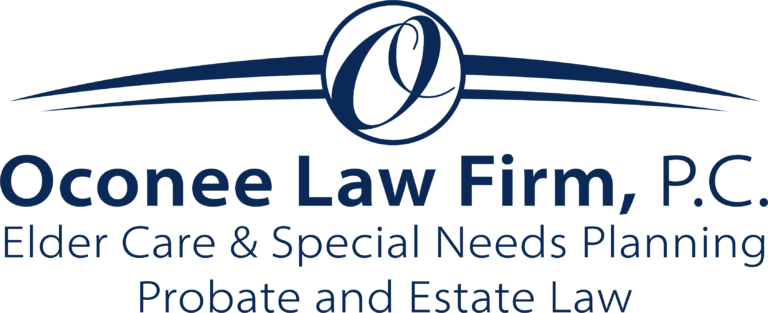There are Rules for Social Security when Someone Dies
Notifying Social Security about a death is one of a handful of must-do’s shortly after a loved one dies. If this task is not done promptly, says U.S. News & World Report in the recent article titled “How to Report a Death to Social Security,” then there may be problems and extra work in the future.
Here are the four steps that need to take place.
Report the death to the Social Security Administration. The funeral director might offer to do this. However, it may be best if the family does it, so you don’t have to share the decedent’s Social Security information. You can call the SSA directly or contact the local Social Security office. This cannot be done online. It must be done on the phone. You will need the decedent’s complete date of birth and their Social Security number.
Review Social Security payments. Social Security benefits arrive the month after the month to which they apply. For example, a February benefit will arrive in March, the March benefit arrives in April, and so on. However, the day that a person dies, those benefits stop on that day. There’s no such thing as a grace period or partial payment for the month.
If the person dies during March, they won’t be eligible to get benefits for March. They will receive benefits for February, but not for March. It doesn’t matter if they die on the last day in the month or on the first day.
What if you receive a check for the month the person died? Mail the check back to the Social Security Administration. Keep the person’s bank account open, if the deposit is made directly to the account to allow the SSA to retrieve the last payment.
What about the one-time SS death benefit? Once the death has been reported, there may be a one-time death benefit of $255, sent to the surviving spouse, if they were living with the deceased. If the surviving spouse was living separately but is still eligible for benefits on the deceased’s record, the one-time payment may still be sent. If there is no surviving spouse, the death benefit can be sent to a child who is eligible for benefits based on the deceased’s record.
Arranging benefits for family members from Social Security. Depending upon the circumstances, family members may still be eligible to receive benefits. There will be paperwork. The best advice? Don’t delay, as when you apply will impact when benefits begin. Here are the family members who may be eligible for benefits after a death:
- A disabled widow or widower age 50 and older
- A widow or widower age 60 or older
- A widow or widower of any age caring for a child of the deceased under age 16, who is also disabled.
- An unmarried child of the deceased younger than 18, or 19 if they are a full-time student in elementary or secondary school
- A stepchild, grandchild, step-grandchild or adopted child in certain circumstances
- An unmarried child with a disability that began before age 22
- Parents who were dependent on the deceased for at least half of their support who are at least 62
- A surviving divorced spouse, but only in certain circumstances
The surviving spouse has several options regarding how and when to take which benefits. For instance, the surviving spouse may be able to apply for their own benefit plus a survivor’s benefit, but not at the same time. For instance, it may make sense to take a survivor’s benefit for several years and delay taking your own benefit, and then later take the surviving spouse’s own SS benefits when they are larger.
Reference: U.S. News & World Report (June 9, 2021) “How to Report a Death to Social Security”
Suggested Key Terms: Social Security Administration, Surviving Spouse, Widow, Widower, Death Benefit

